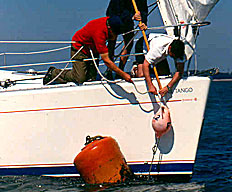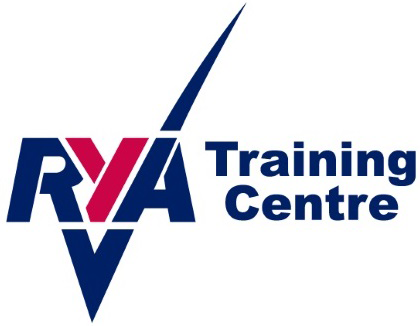
This course is for beginners and those who would like to become active crew members rather than just passengers.
Experience living on board and really get to know the boat. Virtually all the course is hands on. You are the crew – without you the sails won’t go up and the boat won’t be steered.
By the end of the course you should be able to steer, handle sails, keep a lookout, row a dinghy and assist in all the day to day duties on board. You should also have visited some interesting places and had an enjoyable holiday.
| Pre-course experience | None |
| Assumed knowledge | None |
| Minimum duration | 5 days. Often run over 3 weekends or 3 days plus a weekend. If you have taken the Start Yachting course, this course can be completed in 3 or 4 days |
| Minimum age | 18 |
| Course content | Knowledge of sea terms and parts of a boat, her rigging and sails, sail handling, ropework, fire precautions and fighting, personal safety equipment, man overboard, emergency equipment, meteorology, seasickness, helmsmanship, general duties, manners and customs, rules of the road, dinghies |
| Ability after the course | Able to steer, handle sails, keep a lookout, row a dinghy and assist in all the day to day routines |
| Whats included | All food except the evening of joining, wet weather gear and accommodation onboard, mooring fees, boat fuel. |
Maximum student:instructor ratio is 5:1
Practical courses are held in the Felixstowe, Suffolk area.
Full RYA Competent Crew course SyllabusThe Competent Crew course introduces the complete beginner to cruising and teaches personal safety, seamanship and helmsmanship to the level required to be a useful member of crew of a cruising yacht.
1. Knowledge of sea terms and parts of a boat, her rigging and sails
Sufficient knowledge to understand orders given concerning the sailing and day to day running of the boat.
2. Sail Handling
Bending on, setting, reefing and handling of sails
Use of sheets and halyards and their associated winches
3. Ropework
Handling ropes, including coiling, stowing, securing to cleats and single and double bollards
Handling warps
Ability to tie the following knots and to know their correct use: figure-of-eight, clove hitch, rolling hitch, bowline, round turn and two half hitches, single and double sheet bend, reef knot
4. Fire precautions and fighting
Awareness of the hazards of fire and the precautions necessary to prevent fireb. Knowledge of the action to be taken in the event of fire
5. Personal safety equipment
Understands and complies with rules for the wearing of safety harnesses, lifejackets and personal buoyancy aids
6. Man overboard
Understands the action to be taken to recover a man overboard
7. Emergency equipment
Can operate distress flares and knows when they should be used
Understands how to launch and board a liferaft
8. Manners and customs
Understands accepted practice with regard to: use of burgees and ensigns, prevention of unnecessary noise or disturbance in harbour including courtesies to other craft berthed
Aware of the responsibility of yacht skippers to protect the environment
9. Rules of the road
Is able to keep and efficient lookout at sea
10. Dinghies
Understands and complies with the loading rulesb. Is able to handle a dinghy under oars
11. Meteorology
Awareness of forecasting services and knowledge of the Beaufort scale
12. Seasickness
Working efficiency is unaffected/partially affected/severely affected by seasickness
13. Helmsmanship and sailing
Understands the basic principles of sailing and can steer and trim sails on all points of sailing
Can steer a compass course, under sail and power
14. General duties
Has carried out general duties satisfactorily on deck and below decks in connection with the daily routine of the vessel
